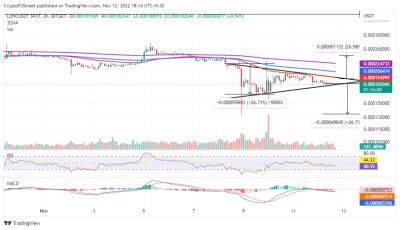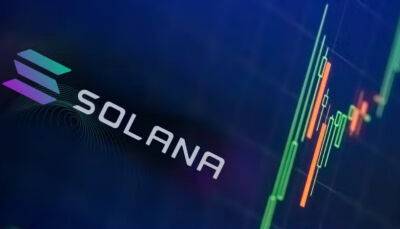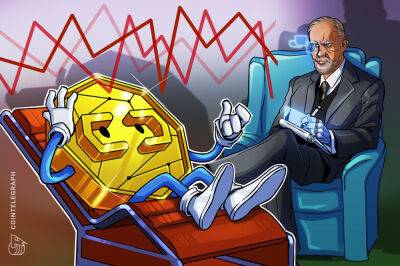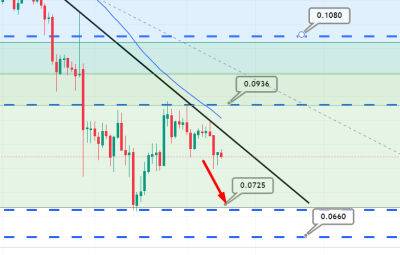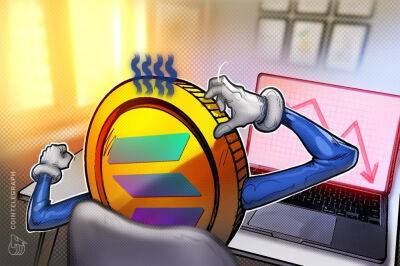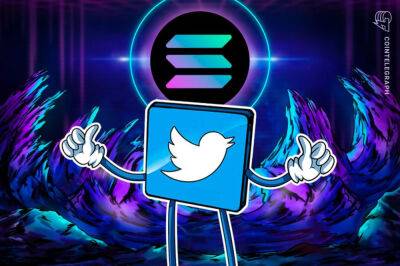The market is hot, but Solana is not — Data explains why SOL price is lagging
Solana (SOL) has been in a steady downtrend for the past 3 months, but some traders believe that it may have bottomed at $26.80 on Oct. 21. Lately, there's been a lot of speculation on the causes for the underperformance and some analysts are pointing to competition from Aptos Network.
The Aptos blockchain launched on Oct. 17 and it claims to handle three times more transactions per second than Solana. Yet, after four years of development and millions of dollars in funding, the debut of the layer-1 smart contract solution was rather unimpressive.
It is essential to highlight that Solana presently holds an $11.5 billion market capitalization at the $32 nominal price level, ranking it as the seventh largest cryptocurrency when excluding stablecoins. Despite its size, SOL’s year-to-date performance reflects a lackluster 82% drop, while the broader global market capitalization is down 56%.
The downtrend accelerated on Oct. 11 after a leading decentralized finance application on the Solana Network suffered a $116 million hack.
Mango Markets’ oracle was attacked due to the low liquidity on the platform's native Mango (MNGO) token which is used for collateral. To put things in perspective, the hack represented 9% of Solana's total value locked (TVL) in smart contracts.
Other negative news emerged on Nov. 2 as German data center operator and cloud provider Hetzner started blocking crypto-related activity. The company's terms of service prohibit customers from running nodes, mining and farming, plotting and storing blockchain data. Still, Solana nodes have other cloud storage providers to choose from, and Lido Finance confirmed that the risk for their validators had been mitigated.
A potentially promising partnership was announced on
Read more on cointelegraph.com



